
All About Indoor Cactus Plants
Not sure where to begin when adding cactus plants to the interior of your house?
You may add a wide variety of indoor-friendly cactus plants to your indoor garden.
The thorny houseplant known as the cactus will provide intriguing and abstract shapes to your decor. Due to their distinctive spiny skin and appealing twisting shapes, which give them the appearance of having been lovingly carved by mother nature to demonstrate how creative they could be, cacti are rapidly gaining popularity among houseplant enthusiasts. And if you want to grow them in your house, start with these 29 easy-to-care-for indoor cactus species.
Cacti are easy-to-care-for plants that don't require as much attention as other species of plants, making them perfect for beginning gardeners and a great housewarming present.
You have it now! You are now prepared to cultivate cacti inside. Just take into account that although cacti don't require much of your time and care, you still need to be aware of their preferences and needs if you want them to create an eye-catching show for your collection of houseplants.
There is a long and distinguished history of cacti being popular indoor plants. They have a bit of the avant-garde about them, and those spines have just a hint of danger. The smooth, symmetrical shapes of the cacti make them look remarkably elegant and contemporary. They also look stunning with terracotta floors and a white plaster wall.
Angel Wings Cactus
The Opunta albispina cactus, sometimes described as the angel wing or bunny ear cactus, is a member of the prickly pear family that produces uniformly spaced clusters of hairs rather than pointed spines.

Rat Tail Cactus
The wonderful Aporocactus flagelliformis, or rat tail cactus, is suitable for indoor hanging baskets if your sunniest window does not have enough room for a container. Its vivid magenta flowers have been put into conventional treatments for cardiac issues. For this quickly expanding cactus, select a large hanging basket.

African Milk Tree
One of those simple cactus specimens, Euphorbia trigona, gives every grower the impression of being an expert. This cactus, often known as the cathedral plant, may reach heights of more than 8 feet but grows slowly.

Saguaro Cactus
Anyone who has been to the Sonoran desert will never forget the sight of a 40-foot saguaro cactus piercing the scenery. This cactus's slow growth rate makes it possible to grow one as an indoor houseplant.

Old Lady Cactus
This kind of cactus has just as much personality as its name implies. White hairs and spines are features of Mammillaria hahniana.

Fairy Castle Cactus (Acanthocereus tetragonus)
Who knew cacti could be so imaginative? It would be the ideal addition to any garden due to the variety of shoots' resemblance to a castle's turrets. This cactus grows slowly and can grow up to 6 feet tall. Be aware that fairy castle cacti rarely produce flowers; instead, they are sometimes sold with fake flowers already attached.
Bishop’s Cap Cactus
Bishop's cap cactus have sharp spikes sprouting on the margins of the pads, giving them a vicious appearance. Bishop's headgear has short columns with a lovely star-shaped base. If necessary, use low-nitrogen fertiliser; sandy soil is preferred.
Balloon Cactus
If a cactus botanical name incorporates the word magnifica, it must be cool! Balloon cactus doesn't let you down; this globe-shaped plant has fun architecture thanks to the parallel rows of spines that run down its edges. Moreover, it contains yellow blooms.

Blue Barrel Cactus
A silvery-blue cactus with golden-yellow spines is known as a blue barrel cactus. It produces pale yellow blooms in the spring or summer when it is content. It might also go by the name Echinocactus glaucescens.

Christmas Tree Cactus
The unusually upright-growing Christmas tree cactus has thick, branching pads that resemble Christmas trees.

Candelabra cactus
Candelabra cactus is more closely related to poinsettias than it is to cacti. It has striking stems that are erect and multicoloured.
Cleistocactus Cactus
The gorgeous cleistocactus has golden spines that almost glow in the sunlight. When it is content, it develops into a tall, erect plant with orange-red flowers.
Copper King Ladyfinger Cactus
This lovely ladyfinger cactus cultivar is green but has striking clusters of coppery-red spines. In areas with more light, it blooms with tiny white flowers.
Crown Cactus
The orderly mounds that the slow-growing crown cactus produces are broad. It develops branches and turns into a cluster over time. In the spring, it blooms with enormous orange-red flowers.

Eriosyce
Pink flowers and twisting, hair-like spines define the amusing cactus known as Eriosyce.
Feather Cactus
The feather cactus stands out due to its nearly complete coverage of white, feathery spines, which gives it a delicate, almost cloudlike appearance. It blooms with tiny, fragrant white flowers in bright light. When watering, keep moisture away from the spines for optimal results.
Golden Barrel Cactus
This slow-growing cactus is distinctive because of its spherical form and stiff, golden-yellow spines.
Lemon Ball Cactus
Notocactus mammulosa, widely known as the lemon ball cactus, is a small and simple-to-grow plant that typically grows to a height of 4 inches and is encrusted with needle-like spines. It produces yellowish flowers as it blooms.
Mammillaria backebergiana ernestii
It is a dark green cactus with little clusters of spines that is simple to grow indoors in a light area. It produces tiny, reddish-purple blooms in the spring.
Mammillaria boolii
Slow-growing Mammillaria boolii is a cactus covered in white spines that almost give the impression of being enclosed in shimmering cobwebs. In direct sunlight, it blossoms into enormous pink flowers.
Mammillaria fraileana
Mammillaria fraileana is a slow-growing cactus with little brown spines that finally grows into a colony of plants.
Mammillaria guelzowiana
Mammillaria guelzowiana is a colourful globe-shaped cactus with spines all over it and produces lovely, fragrant bright pink flowers in the spring.
Mammillaria matudae
This slow-growing Mexican cactus, also known as Mammillaria compacticaulis, has dark green leaves and golden-yellow spines. It develops an erect appearance as it ages and releases a tiny colony of offsets. Bright pink blossoms are present.
Silver Arrow Cactus
Slow-growing and dark green, the silver arrow cactus has microscopic silvery-white hairs and long, silvery-white spines. White blooms grow on it.
Rosy Pincushion Cactus
The common name "rosy pincushion cactus" refers to the plant's lovely pink blossoms, which can occasionally bloom throughout the year.
Twin-spine cactus
Twin-spine cactus is a rounded, mounding variety that has silvery-white spines and cute pink flowers.

Red Torch Cactus
The red torch cactus is a pretty upright species with a green body highlighted by star-shaped spine clusters.

Red Tom Thumb Cactus
Red Tom Thumb cacti produce orange or red flowers in the spring and summer when it is content.
Pineapple Cactus
Low-growing pineapple cacti have branching branches capped with star-shaped spines. It blooms in a creamy yellow colour.
Care and Maintenance of Indoor Cactus Plants:
Although not entirely maintenance-free, cactus plant care is very straightforward. While there are some exceptions, most succulents and cacti require a similar level of maintenance.
Your cactus garden needs enough sunlight, whether it is inside or outside. Aim for six hours or more of direct sunlight each day.
A formula for disaster is overwatering your cacti. Always allow the soil to dry up between drinks because these drought-tolerant plants are susceptible to root rot. Cacti frequently only need to be watered every two weeks in the winter.
Although cacti and other succulents don't require a lot of fertiliser, they usually benefit from low-strength feeding from spring through summer, when they are actively growing.
Most cacti are slow-growing plants that don't mind being somewhat root-bound. It's time for a new, larger home if you notice roots growing outside the pot or if your plant has grown excessively for its container.
Cactus-inspired home decor ideas
Do you like DIY ideas and tricks? The best thing to do is to plant cacti in recycled coffee cups and mugs. Cacti are low-maintenance indoor plants, so all you have to do is plant the cactus in the cup with some soil and water it occasionally.
Continue reading to learn the best ways to decorate your home with cactus plants.
Put a tiny cactus in your terrarium. Make sure your cactus is compatible with any additional plants you choose.
You can beautify your library with small cacti. Pick a simple clay pot if you want a basic cactus. You're good to go if you place it next to a beautiful stack of books.
You can use the tables and shelves in your study area to display this creative pairing of cacti and books.
For an additional splash of colour in your interior design, choose flower-bearing cactus.
Starting a cactus garden can be done for a variety of reasons. Do you adore how cacti and other succulents typically have an ethereal appearance? Are you looking for low-maintenance potted plants? Would you like to save water? Then you should see these gardens. There are almost as many cactus landscaping ideas as there are gardeners to create them, proving that desert residents are surprisingly adaptable.
The beauty of a container cactus garden is that you can have one even in a region with chilly winters; all you need to do is overwinter the containers somewhere safe. The following are a few cactus layouts for outdoor containers:
There are several containers, each containing a wide assortment of succulents.
Possibilities include hanging baskets filled with cacti of the rattail, orchid, and Christmas cactus varieties.
Cactus paired with vibrant annual or perennial flowers.
Grow a tall cactus in an area you want to draw attention to, such as by the front door, beside the fireplace, or in a corner next to a window.
In a rustic wooden or terra-cotta container, assemble a miniature desert garden with tiny cacti and figurines of desert creatures.
Conclusion
You have it now! You are now prepared to cultivate cacti inside. Although cacti don't require much of your time and care, you still need to be are of their preferences and needs if you want them to create an eye-catching show for your collection of houseplants.
A cactus plant may thrive inside despite being known for its love of sunlight. Put one on your windowsill or in your living space for unique decor. The ideal houseplant is often smaller in stature and requires less light.
In your home, cacti are aesthetically pleasing. The advantages of having these plants indoors are numerous. To find cacti for your home, go to ChhajedGarden and check out the diverse selection of interesting plants.
They are fantastic for any house, workplace, or garden to create the ultimate green area because they are simple to cultivate, versatile and largely pest-free. If you don't already have one, it's time to buy one now that you know different kinds of indoor cacti!














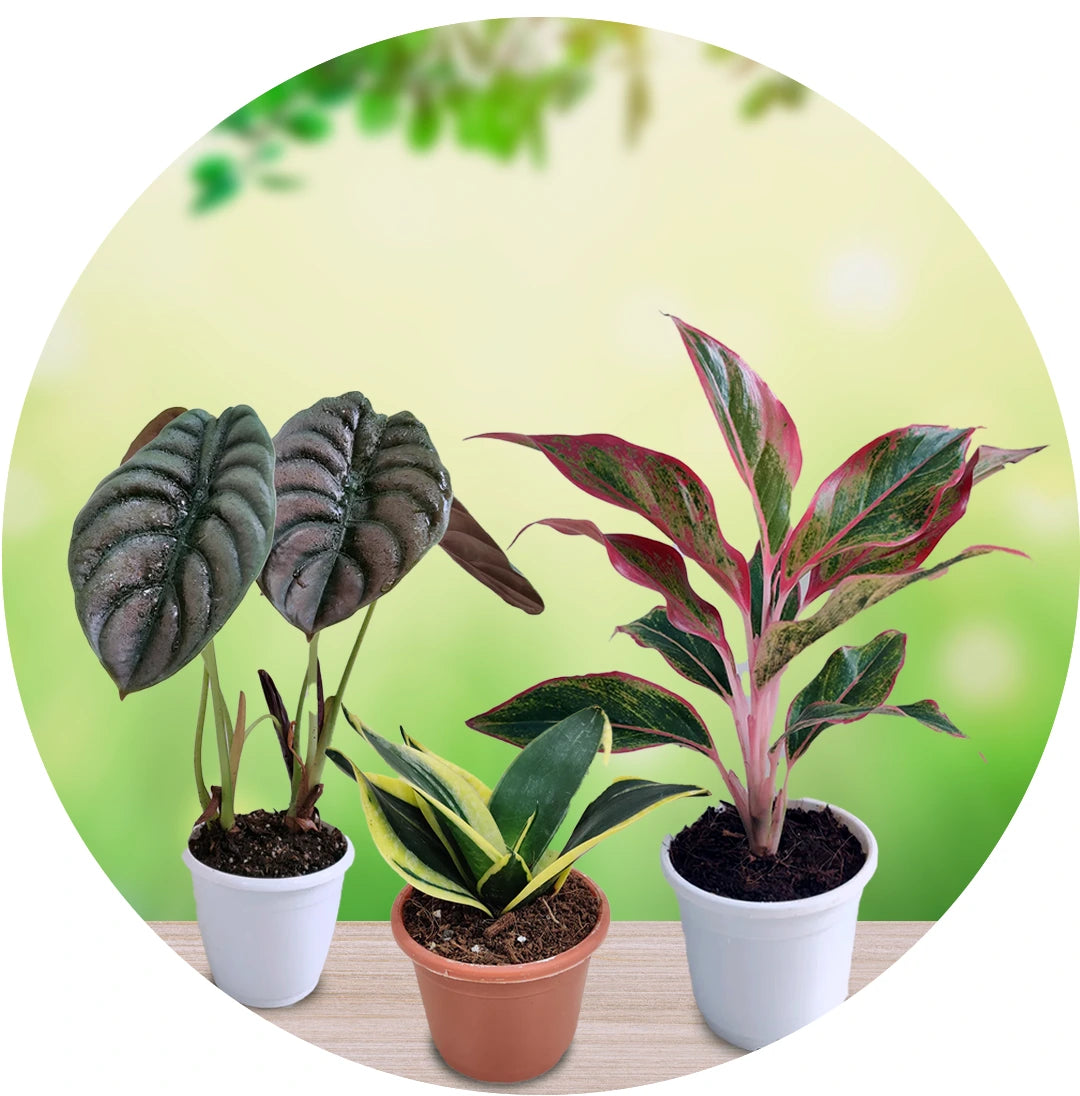
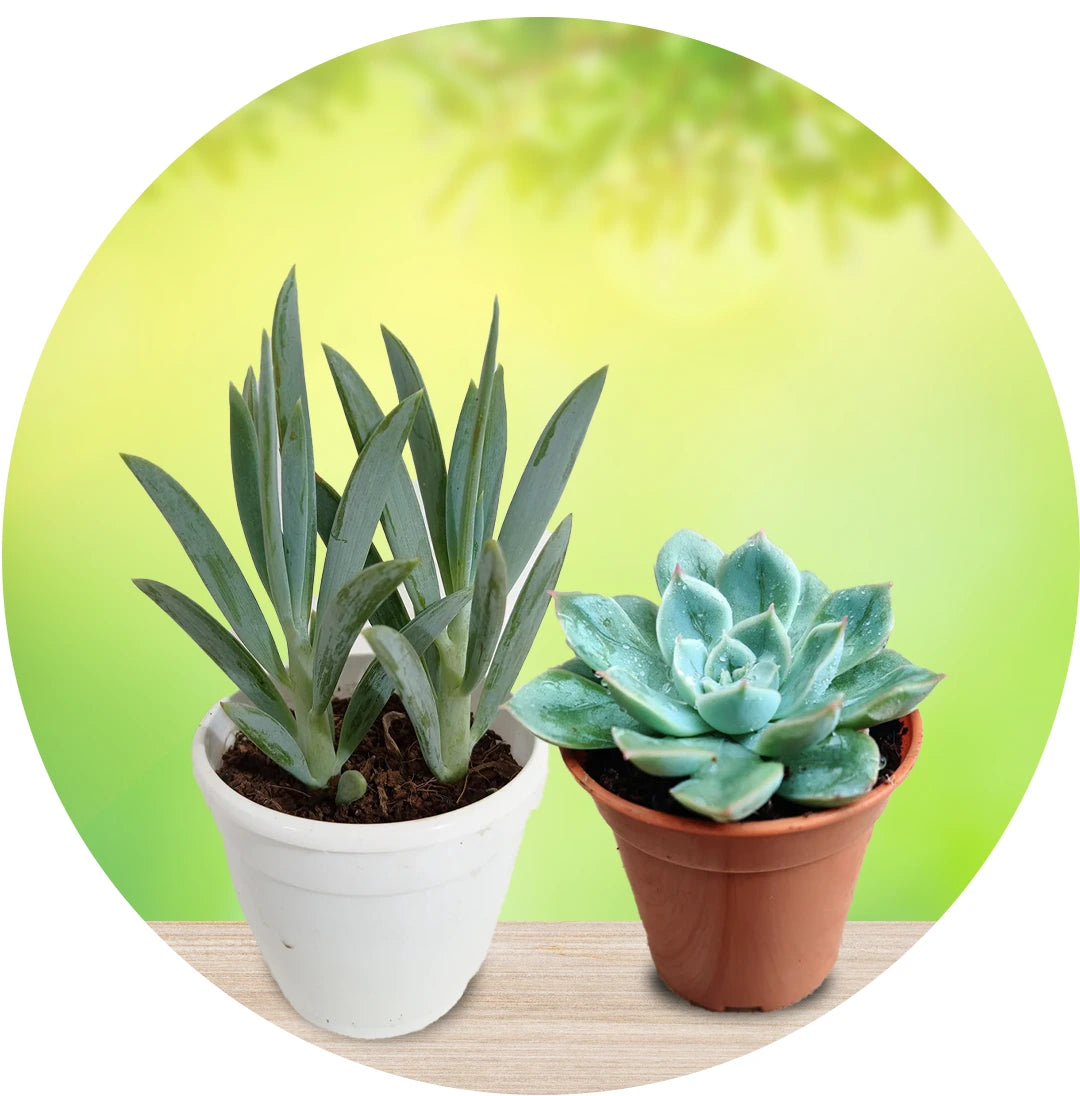
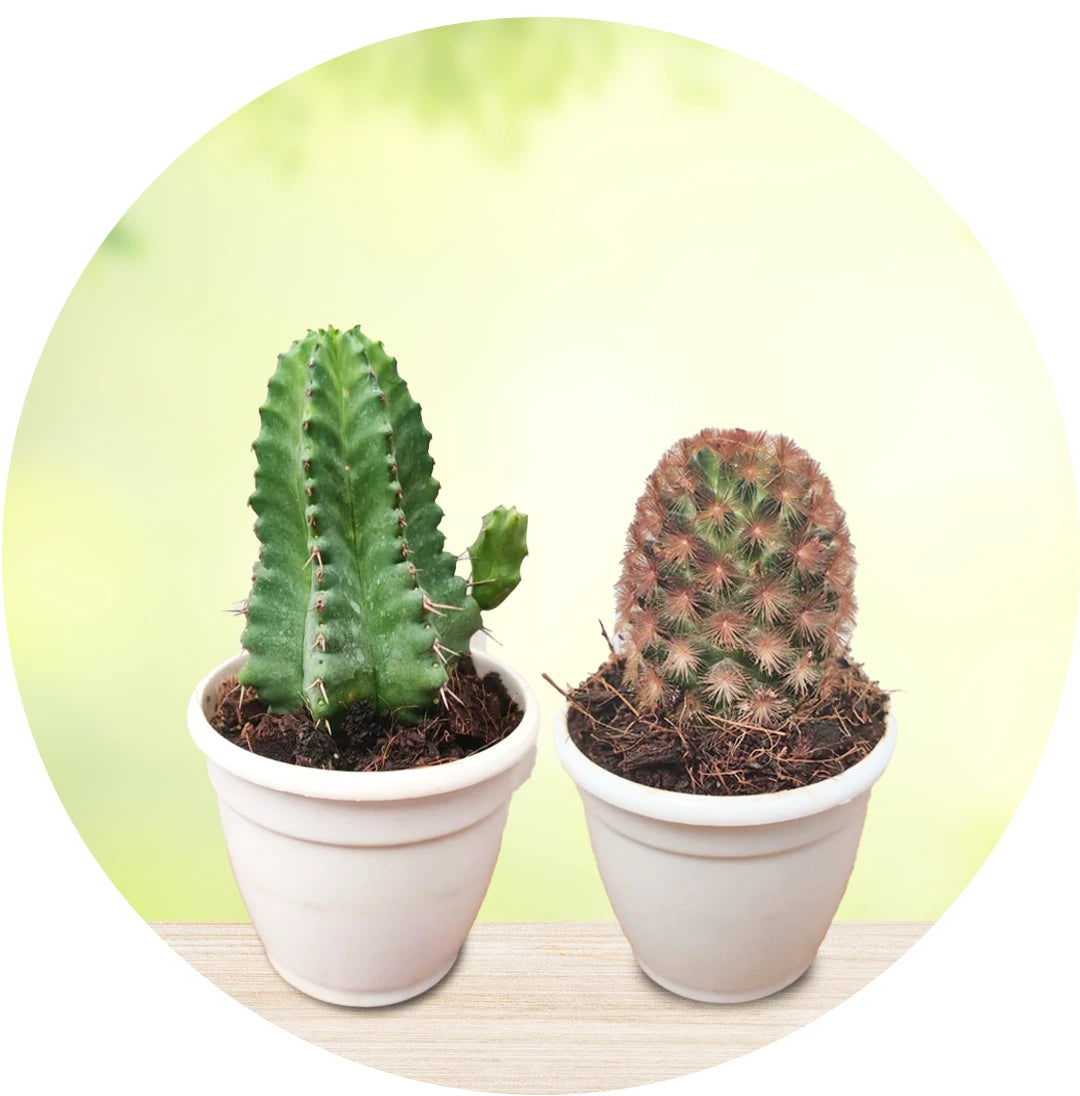
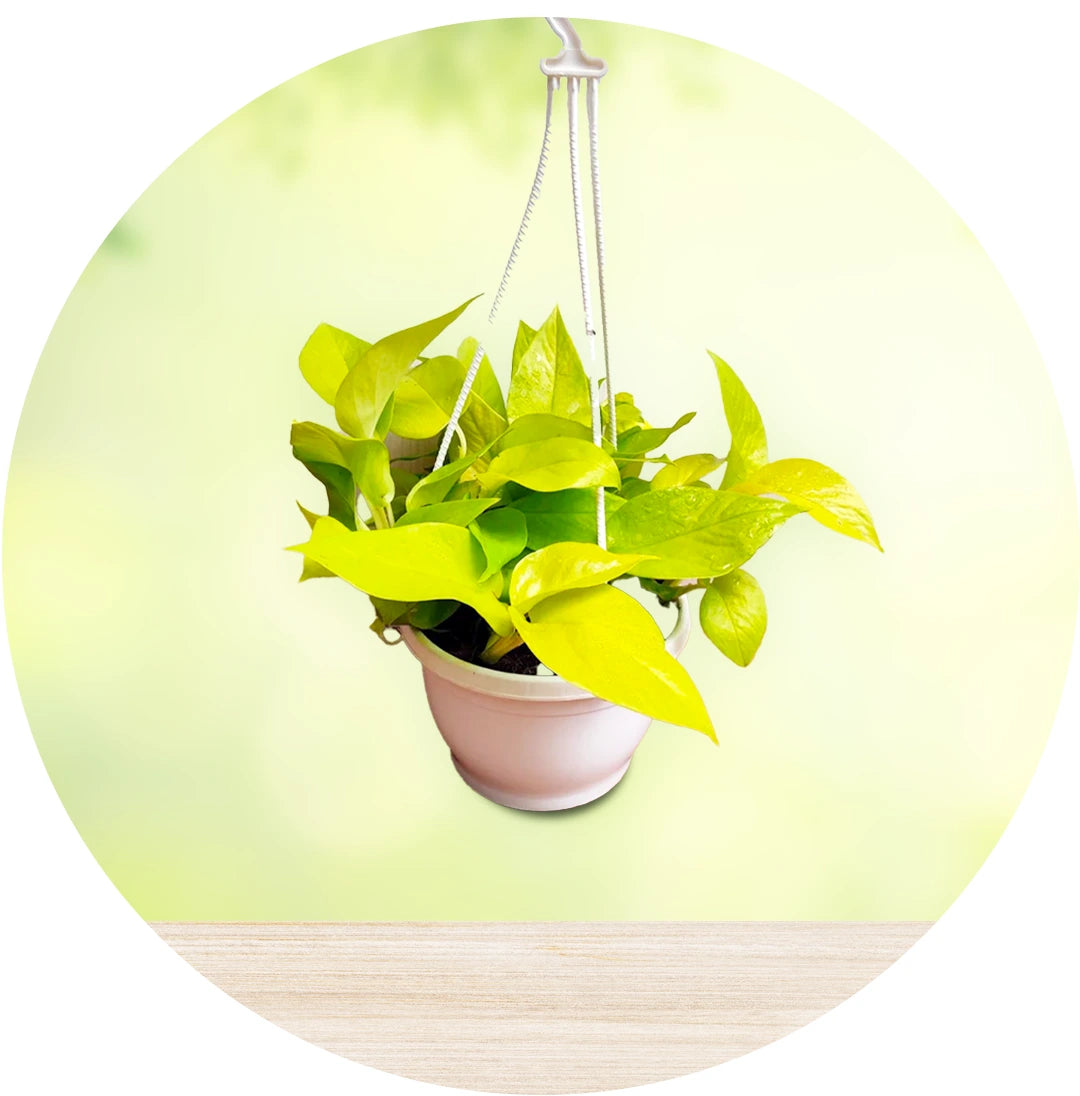
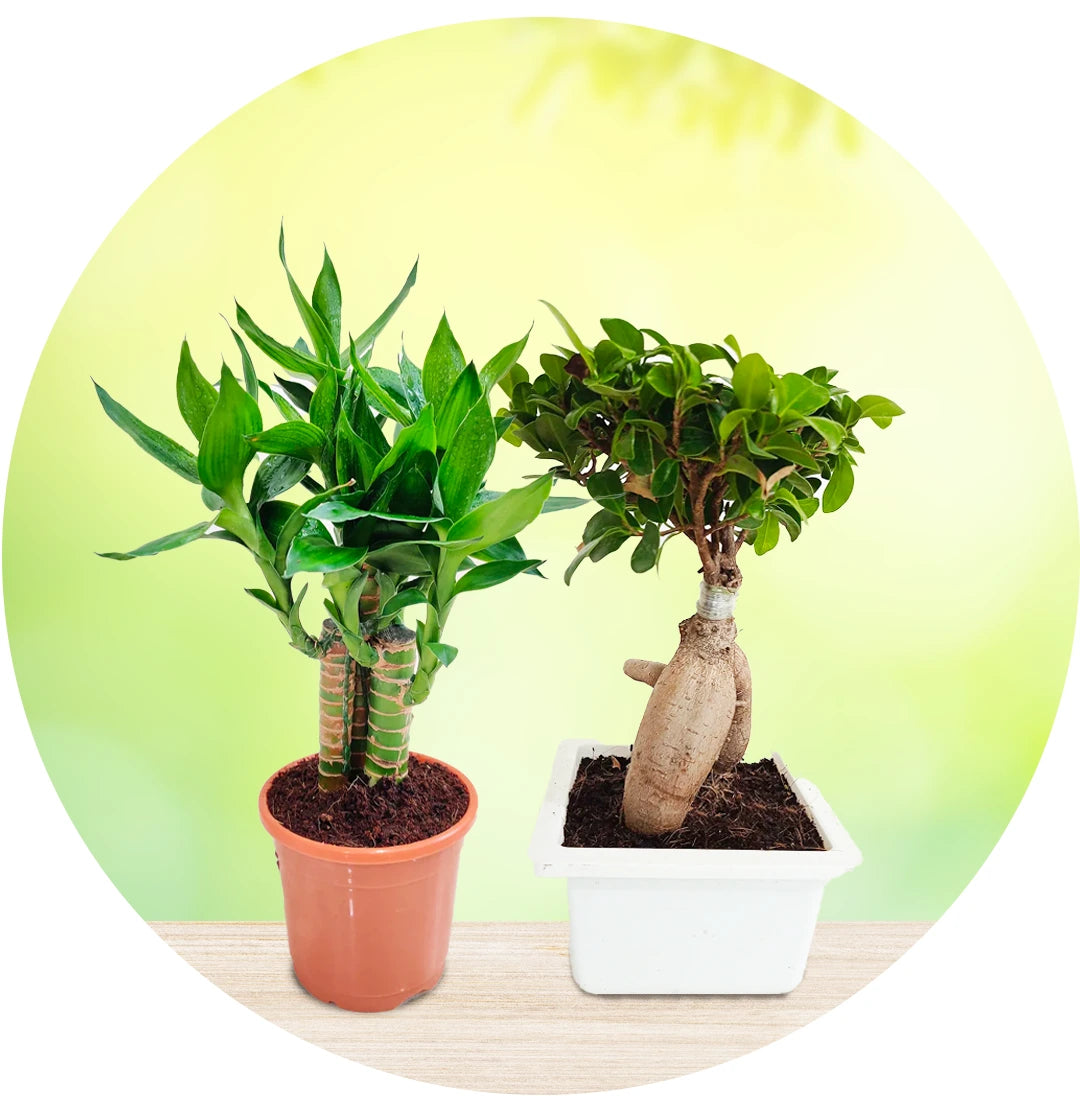
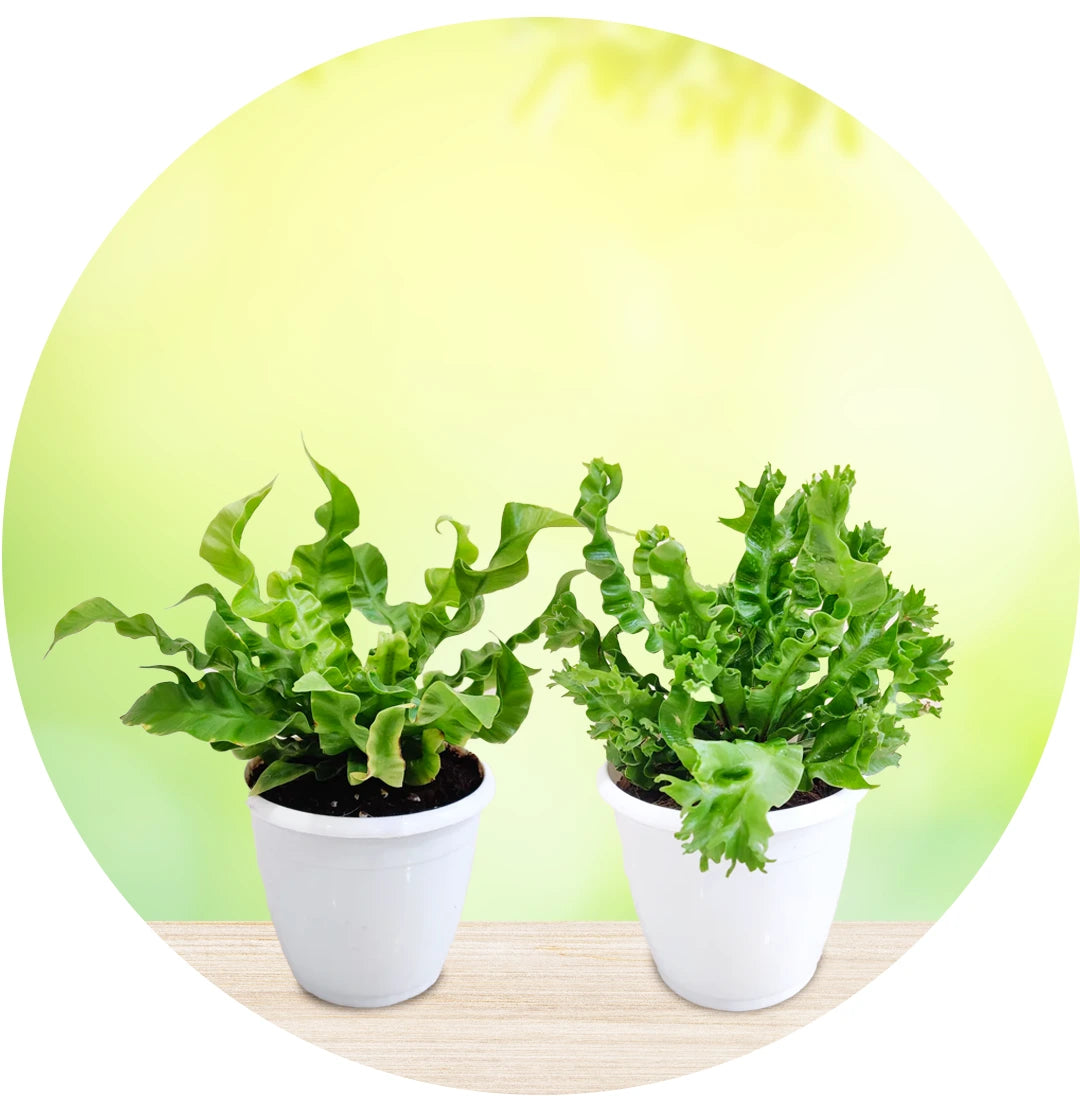
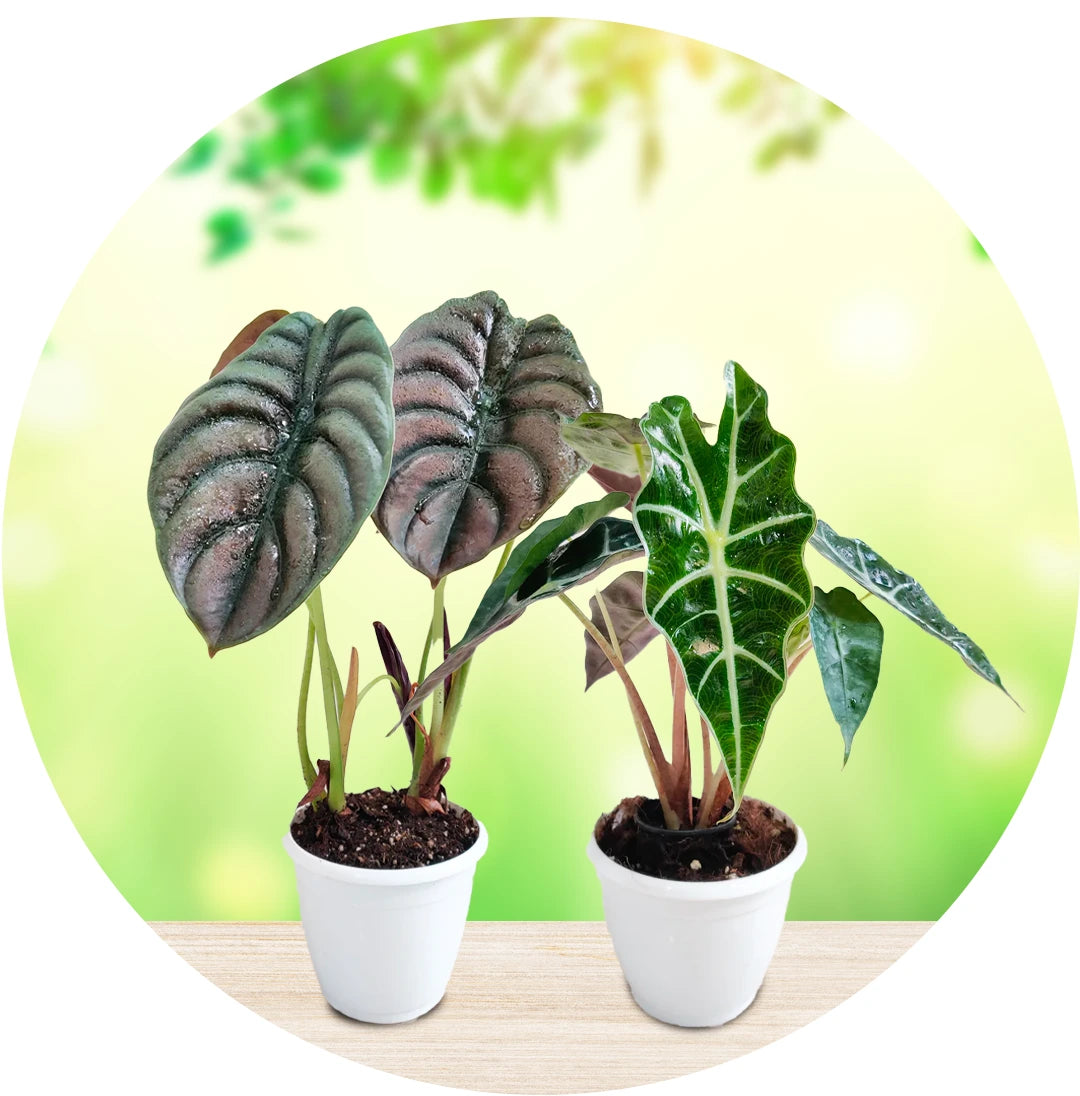
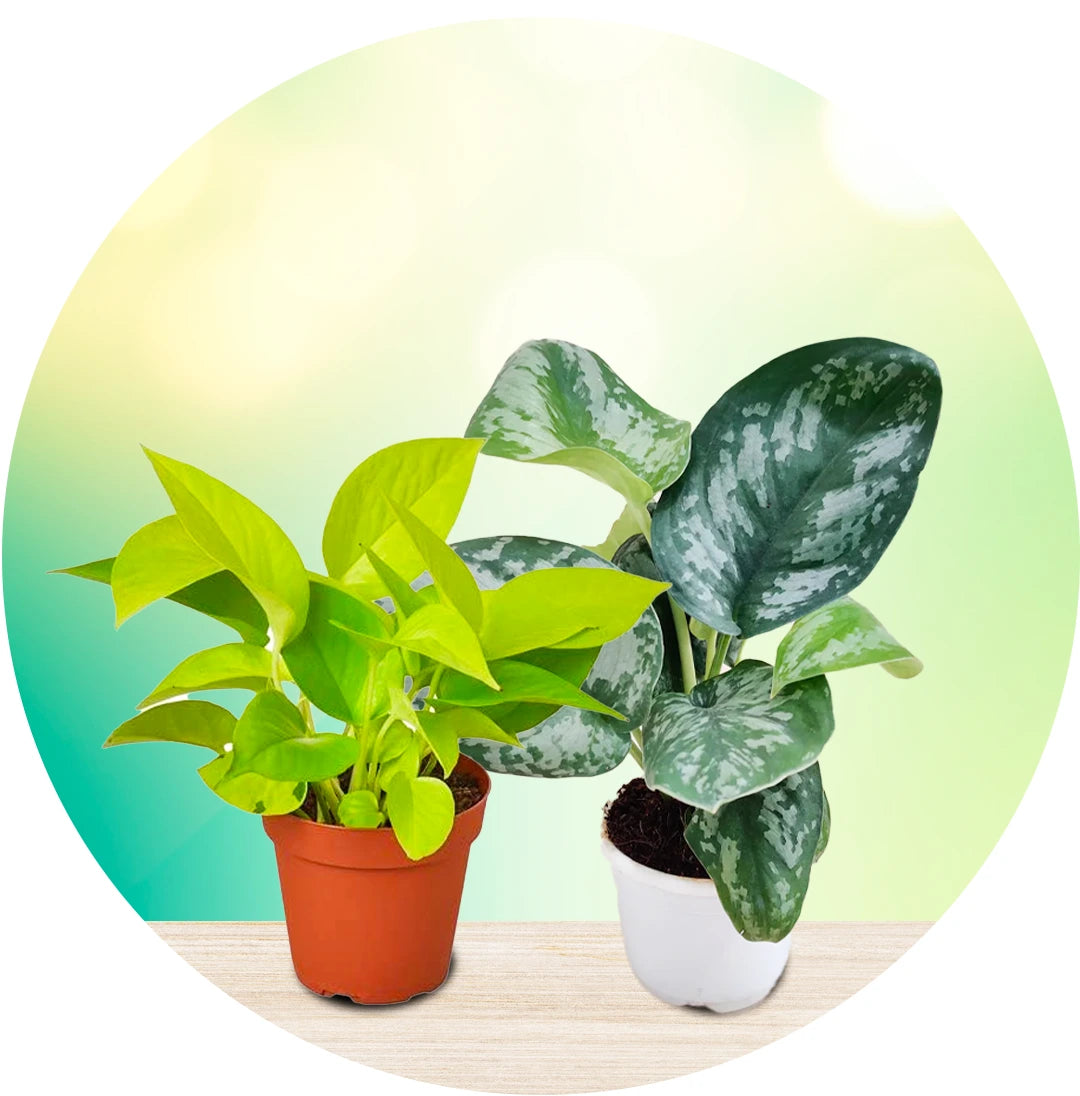
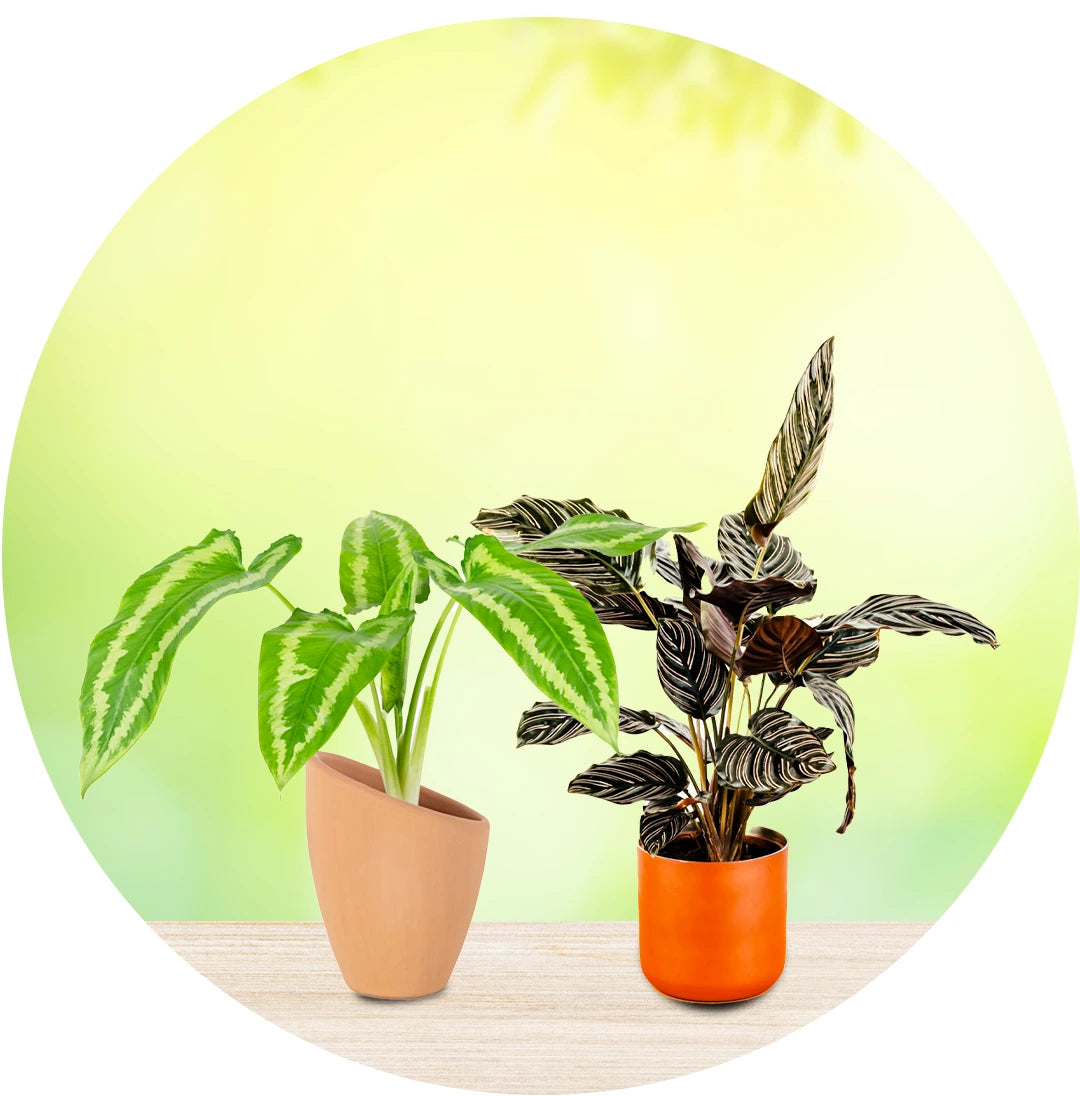
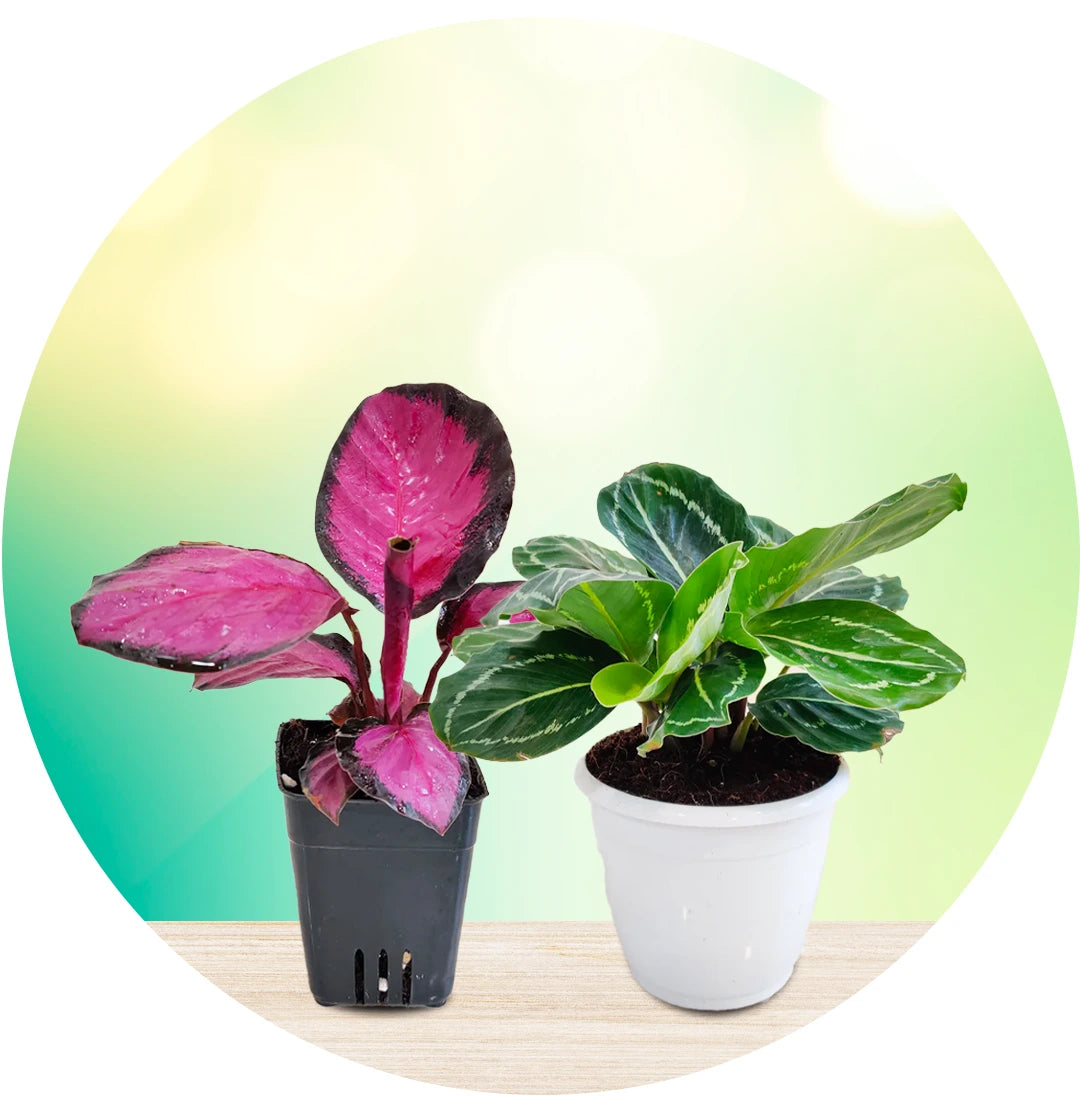
Leave a comment